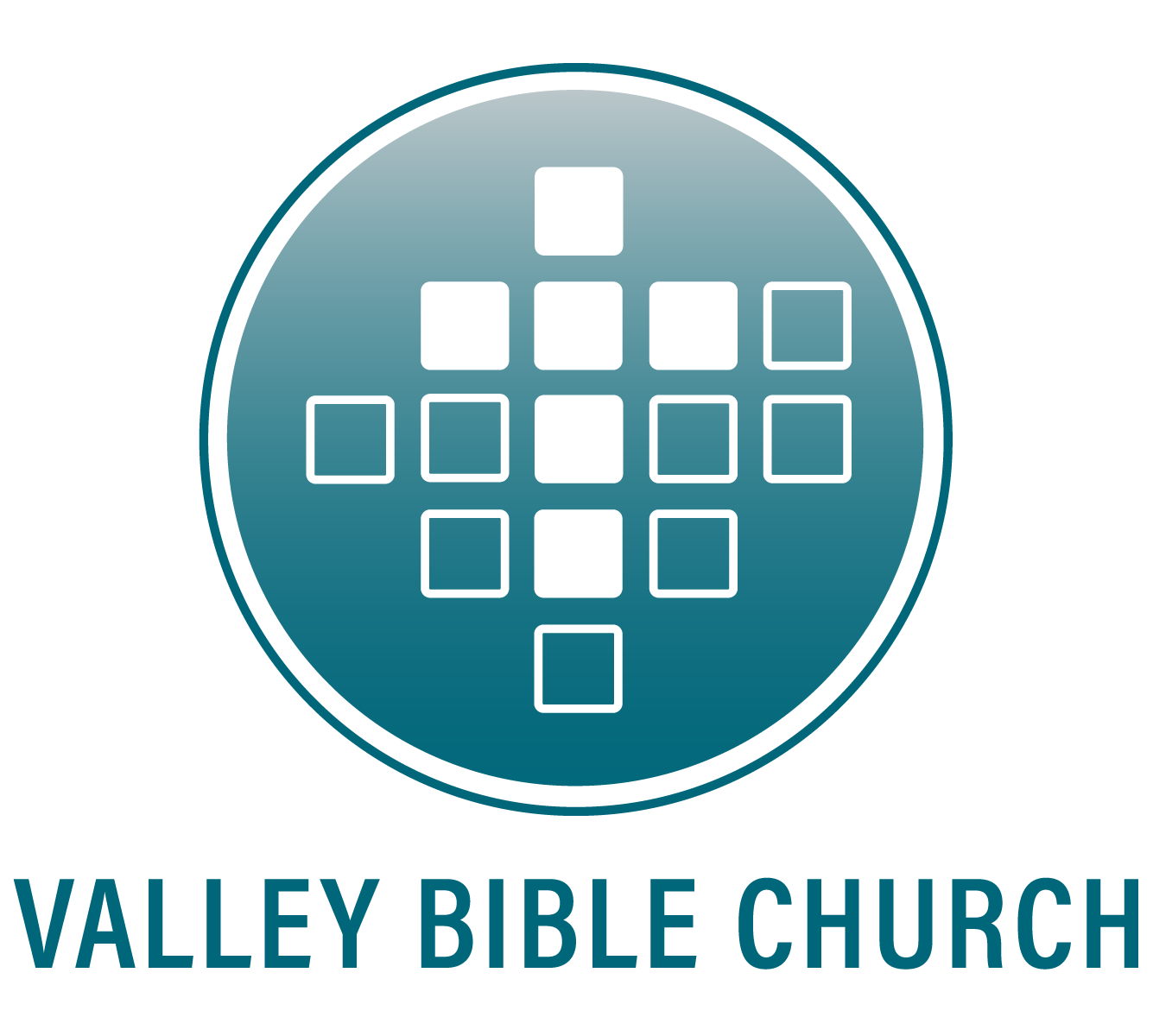6 Reasons Christianity Really IS a Relationship, Not a Religion (6 of 6)
You’ve likely encountered the expression: “Christianity is a relationship not a religion”. Perhaps you’ve also heard opinions to the contrary. It’s an important distinction. The two ideas are not the same. While the modern concept of religion may be convenient for professors and expedient for politicians and journalists, it actually distorts the Gospel. Members of Christ’s body should ask a pointed question: how did the biblical writers conceptualize their faith and practice? This is the last of a 6-article-series written to give you bible-informed confidence in a “relationship-focused” life in Christ.
It’s tough to follow the high note from the last article, so before the exciting conclusion, I’ll just offer one piece of negative evidence to round out my presentation.
#6 The New Testament writers didn’t make use of available ‘religious’ terminology.
The fact that the English word “religion” is not once used in the entire Old Testament should be a clue about the appropriateness of using this language when it comes to the God of the Bible. What about the New Testament. There actually are instances of “religion” being used in English translations, seven in most, though the KJV has only six. However, instead of promoting religion as the way Christian writers envisioned the New Life in Christ, all but one of these are negative uses of the word.
The first translates δεισιδαιμονία and is used dismissively of Judaism by Festus, the Roman governor (Acts 25:19). Five other instances translate a second family of words based on θρησκεία ("religion as expressed in ritual acts") .
One is by Paul to Festus, referencing his former status as a faultlessly observant Jew before his conversion.
Three of the uses are negative (worthless religion (James 1:26) and man-made religion, ineffective religion (Colossians 2:23 ). Paul's antidote to the ineffective religious do's and don'ts is not by doing "effective religion" but by recalling the truth of the gospel that frees us from man-made structures that are "worthless " and "shadows".
The final usage is positive (James 1:27) but doesn't support the “Christianity is a religion” thesis if it is envisioning religion as ritualistic practice in the modern sense. It is basically a recapitulation of Micah 6:7 -8: honoring God is living like Him, not formal rituals or practice.
The seventh example translates δεισιδαίμων (Acts 17:22), and is used by Paul to comment on the idol worship of the Athenians who had made an idol to an "unnamed God"... just in case. The word is ambiguous and can be used to describe piety or superstition. Thayer's Greek Lexicon comments that Paul used this ambiguity intentionally. In fact, in the KJV this word is translated as "too superstitious" rather than “religious”.
A possible objection to this last section is that in examining the word translated “religion” I have ignored "godliness", “piety”, and other words that might appear to support the idea of Christianity as being religious. A quick glance at εὐσέβεια, ( godliness, devotion, piety) —used only 15 times in 5 books, mostly 1 Peter and 1 Timothy— indicates it has to do with matters of the inner person rather than outward, religious practices.
The Exciting Conclusion
This is just the tip of the iceberg. We confidently conclude that “religion” in our modern sense was foreign to the Bible’s human authors and has never been the objective of Yahweh toward His image-bearers.
Scripture attests that Yahweh, the God of the Bible and the most intensely interpersonal being in existence, created humanity for a deep, love-centered partnership. In Christ, that long-anticipated hope has become a reality, since we are adopted into the Royal Family (Ephesians 3:3-14). The life we live we live to God as living sacrifices (Romans 12:1) through the power of that relational connection (2 Corinthians 5:17). We can say with great joy and confidence in God's Word: the New Life is not a religion, it’s a relationship!
